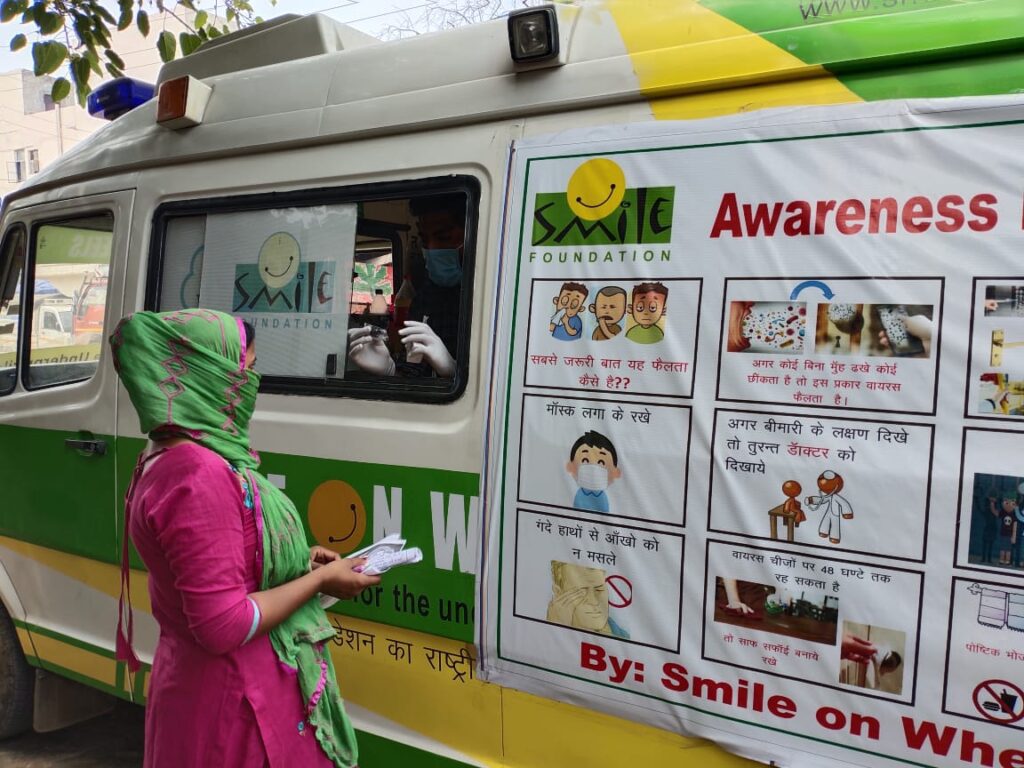Innovative Tele-Aftercare Models: Expanding Rural Tele-Aftercare India for Better Addiction Support

Explore how rural tele-aftercare India is transforming addiction recovery in underserved areas. Prayas Sewa Samiti introduces innovative aftercare models that bridge treatment gaps, ensuring consistent support for individuals even in remote locations. Recognized as the Best Rehab Center in Dehradun, Prayas Sewa Samiti pioneers scalable digital solutions for long-term recovery success.

Understanding the Challenge: Post-Rehab Gaps in Rural India
Rehabilitation programs usually end after 30 to 90 days of treatment, but recovery is a lifelong journey. In rural India, aftercare is often unavailable due to distance, poor infrastructure, stigma, and lack of trained professionals.
Patients returning home after rehab may feel isolated and unsupported. Without guidance or accountability, many fall back into substance use. This post-treatment vulnerability makes consistent aftercare critical—yet rural regions have historically lacked the tools or reach.
That’s where rural tele-aftercare India steps in as a game-changer. With just a smartphone or basic internet access, individuals can continue their recovery with professional support from anywhere. And with the guidance of organizations like Prayas Sewa Samiti, these models are becoming scalable, sustainable, and effective.
What Is Tele-Aftercare?
Tele-aftercare refers to virtual support services offered to recovering individuals after they complete inpatient rehabilitation. It includes:
-
Scheduled video or phone counseling sessions
-
Remote group therapy and peer support meetings
-
Medication monitoring and mental health assessments
-
Educational resources, relapse prevention, and progress tracking
In the context of rural tele-aftercare India, these services are often adapted to meet local needs—available in regional languages, via low-bandwidth apps, and even through community health workers equipped with mobile devices.
At Prayas Sewa Samiti, we ensure that technology becomes a bridge—not a barrier—to care.
Benefits of Rural Tele-Aftercare India Models
Implementing rural tele-aftercare India programs brings immense benefits, especially in communities where healthcare access is scarce.
1. Accessibility: No matter how remote the location, individuals can now access aftercare through their phones. This removes the cost and time burden of traveling long distances.
2. Continuity of Care: Tele-aftercare ensures that recovery isn’t interrupted after leaving rehab. Scheduled follow-ups help maintain structure and accountability.
3. Privacy and Confidentiality: In areas where addiction carries social stigma, virtual support offers a discreet solution, encouraging more people to seek help without fear of judgment.
4. Cost-Effectiveness: Digital aftercare significantly reduces operational costs while expanding outreach—allowing organizations like Prayas Sewa Samiti to serve more people with limited resources.
5. Cultural Relevance: Platforms can be customized to suit regional languages and cultural sensitivities, making recovery more relatable and impactful for rural users.

How Prayas Sewa Samiti Implements Rural Tele-Aftercare India
At Prayas Sewa Samiti, we combine technology with empathy. Our rural tele-aftercare India model includes:
-
Monthly check-ins with certified addiction counselors
-
Group therapy via WhatsApp and Zoom in local dialects
-
Voice-call-based therapy for areas with poor internet
-
A mobile app for progress tracking, alerts, and reminders
-
Training community workers to offer hybrid (in-person + tele) support
Our approach ensures no recovering individual is left behind, regardless of geography or income.
We also involve families in virtual counseling to create a supportive home environment, reinforcing the individual’s progress and promoting relapse prevention.
Challenges and Solutions
While rural tele-aftercare India offers significant potential, it also faces challenges:
-
Limited digital literacy: We provide orientation and simple tutorials to clients and families.
-
Network issues: Voice-based sessions and offline resources are used where internet access is inconsistent.
-
Trust and engagement: We use motivational incentives and peer encouragement to keep participants committed.
Overcoming these barriers is part of our mission at Prayas Sewa Samiti—because every person deserves a second chance, no matter where they live.
Real-Life Success Story
One of our rural clients, a 35-year-old farmer from Uttarakhand, completed his in-patient rehab with success but feared relapse upon returning to his village. Through rural tele-aftercare India sessions every fortnight, he stayed connected with his therapist, practiced self-monitoring, and joined a peer group via mobile chat. Today, he is 18 months sober and volunteers as a local addiction ambassador.
Such stories highlight the real, transformative power of tele-aftercare when implemented with compassion and cultural sensitivity.
Final Thoughts
As India moves toward a more digitally connected future, the opportunity to expand addiction recovery beyond urban center has never been greater. Rural tele-aftercare India is not just a technological upgrade—it’s a human rights advancement.
By investing in these models, we ensure that geography no longer determines the quality of care. With holistic planning and committed organizations like Prayas Sewa Samiti, scalable aftercare is becoming a reality in even the remotest corners of the country.
If you or your loved one is on the path to recovery and seeking continued support in a rural setting, turn to the Best Rehab Center in Dehradun—Prayas Sewa Samiti. We are dedicated to delivering compassion and care where it’s needed most, bridging the recovery gap one digital step at a time.